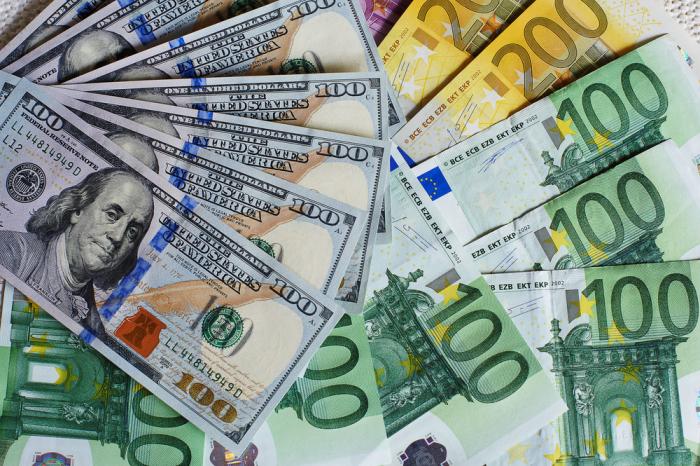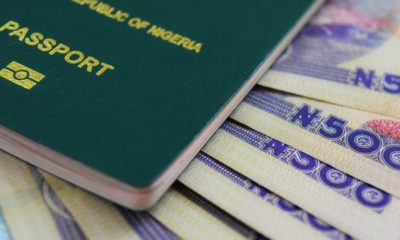The Federal Government will yet again borrow another $1.5 billion and €995 million external loans following the Senate approval on Tuesday.
Senator Clifford Ordia, the Chairman of the committee on Local and Foreign Debts, presented the request for new loans at the plenary.
The committee recommended that “the Senate do approve the external borrowing of the sum of $1,500,000,000 and €995,000,000” from the World Bank, Export-Import Bank of Brazil (BNDES) and Deutsche Bank of Germany.
The Senate led by its President Ahmad Lawan approved the request for new loans.
Speaking on the loans, Senator Ordia said these were low-interest rates loans with a reasonable moratorium and payback period.
According to him, $750 million of the $1.5 billion to be sourced from the World Bank has a grace period of five years, 25 years tenor and an interest rate of 2.45 percent per annum while the balance of $750 also has similar terms with an interest rate of 2.5 percent per annum.
On the GIP component of the loan, Ordia said: “The Committee found that a total of six indigenous assembly plants, one in each geo-political zone have been identified and will be rehabilitated and retooled to assemble completely knocked down (CKD) mechanisation farm machinery and equipment to be imported from Brazil.
“The Committee observed the CKD mechanisation farm machinery and equipment to be imported from Brazil will be specifically adapted for local conditions with job creation opportunities for citizens.
“The Committee observed the loan is intended to be used to deliver technological package to the small holder farmers for a fee through the establishment of service centers in each of the 774 Local Governments of the Federation.
“The Committee further observed that the service centers will be owned and run by private business entities who will be supported to acquire various mechanization tools through favourable borrowing rates from participating commercial banks.”
On the SFTAS aspect of the loan, Chairman of the Committee said: “The Committee observed that there is an ongoing program called States Fiscal Transparency, Accountability and Sustainability (SFTAS) program facility in the sum of $750,000,000 funded by the World Bank currently running in all the States of the Federation and the FCT.
“The Committee notes that the said financing was approved by the National Assembly in June 2020 as part of the $1,500,000,000 Development Policy Financing to part finance FGN 2020 revised budget deficit.
“The Committee found that in October 2020, following the continuous economic disruptions occasioned by the pandemic and in view of the need to consolidate on and sustain the gains of the program and to increase States fiscal capacity to respond to the COVID-19 crises, the above program was restructured and expanded.
“The Committee found that the objective of the restructuring is to support States to introduce measures to further mitigate fiscal shocks by introducing COVID-19 responsive Disbursement Linked Indicators (DLI) at State Level, to match the fiscal measures at the Federal level and reallocating the undisbursed balance of the program funds towards the new DLI’s.
“The Committee notes that it is based on the above restructuring, the additional financing in the sum of $750,000,000 is now required for the Covid-19 response of Nigeria and same has now been tagged Nigeria SFTAS Additional Financing for Covid-19 response program for result (PforR).”
On the COVID-19 Action recovery and economic stimulus program (CARES), Ordia said: “The Committee notes that the Project Development Objectives (PDO) of the program (CARES) is to expand access to livelihood support and food security services, and grants for poor vulnerable households and firms.”

 News3 weeks ago
News3 weeks ago
 Business3 weeks ago
Business3 weeks ago
 Technology3 weeks ago
Technology3 weeks ago
 Investment3 weeks ago
Investment3 weeks ago
 Banking Sector3 weeks ago
Banking Sector3 weeks ago
 Banking Sector3 weeks ago
Banking Sector3 weeks ago
 Investment4 weeks ago
Investment4 weeks ago
 Appointments3 weeks ago
Appointments3 weeks ago





























